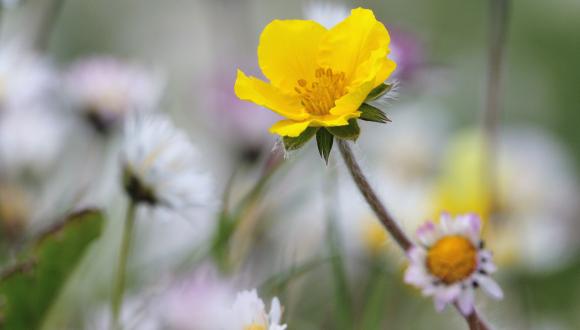International designations
Scotland’s protected areas include internationally important sites that rank among the best in the world
Scotland’s protected areas include internationally important sites that rank among the best in the world.
Some such sites are simply recognised as special places under international conventions or treaties. Others must be designated under national law.
European sites – Special Areas of Conservation and Special Protection Areas – were originally designated under the EU Habitats and Birds Directives and known as Natura sites. They continue to be protected under domestic law as European sites and represent the very best of Scotland’s nature and are internationally important for threatened habitats and species.
Ramsar sites are designated under the Convention on Wetlands of International Importance. Scotland has 51 Ramsar sites designated as internationally important wetlands, covering about 313,000 hectares in total.
The OSPAR Convention represents a commitment by 15 western European governments to protect the North-east Atlantic marine environment. Scotland’s existing marine European sites and Nature Conservation Marine Protected Areas are helping the UK to meet the OSPAR Marine Protected Area commitment.
Biogenetic reserves were first created to enable biological research. Scotland’s two biogenetic reserves overlap National Nature Reserves. No new biogenetic reserves have been designated in Scotland since 1992.
Biosphere reserve, a United Nations Educational, Scientific and Cultural Organization (UNESCO) designation, helps to promote the integrated and sustainable management of two areas in Scotland. Biosphere reserves provide models for how we can live with nature and use resources for the well-being of people everywhere.
Geopark status recognises an area’s outstanding geological heritage value and its benefit to local people through tourism and education. Our three Scottish geoparks – two of which have been accredited by UNESCO – together cover about 10% of our land area.
UNESCO awards World Heritage Site status. An area with natural and/or cultural heritage of outstanding universal value may be awarded this most prestigious accolade. St Kilda is one of the rare sites recognised for both.




